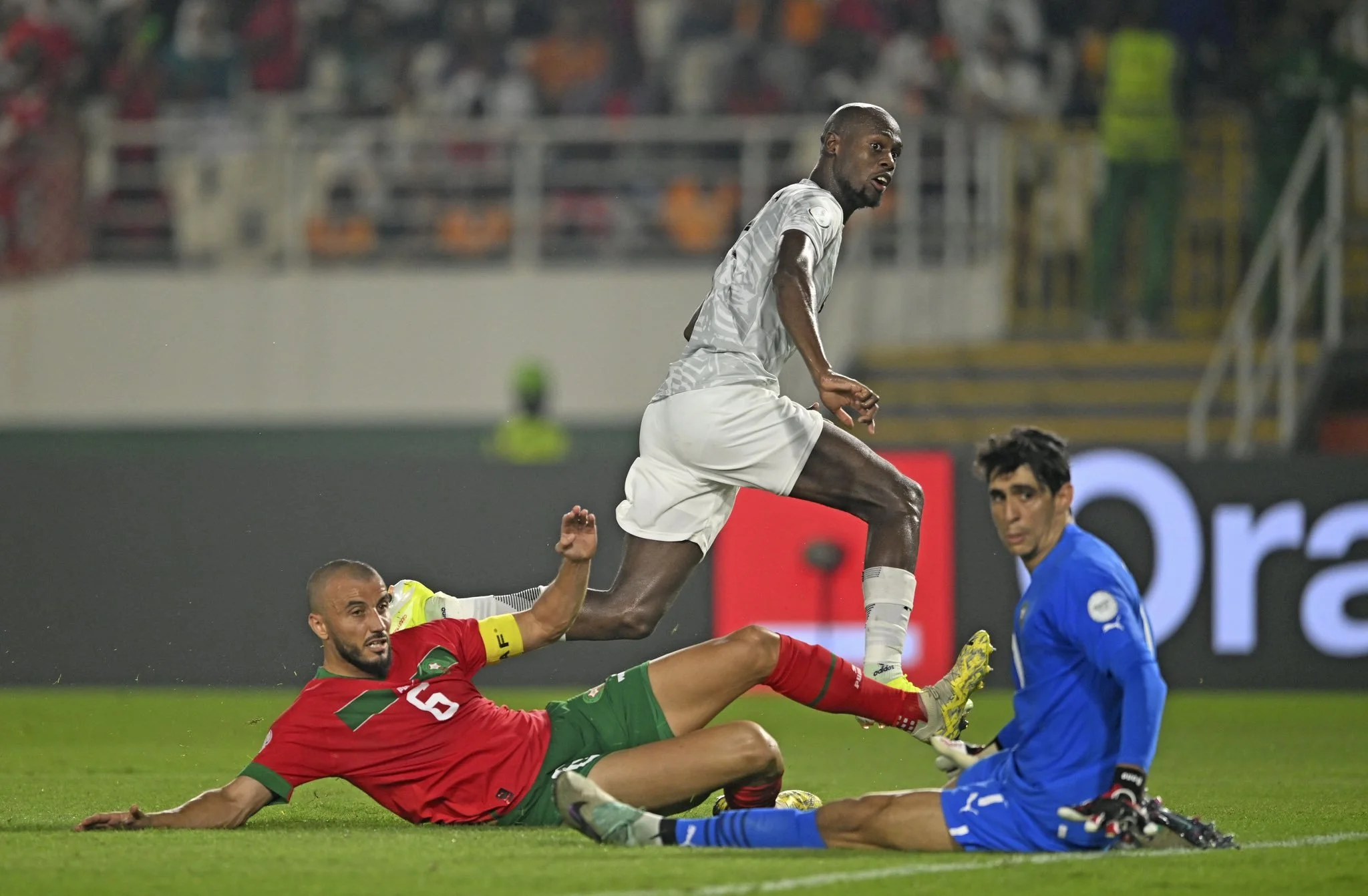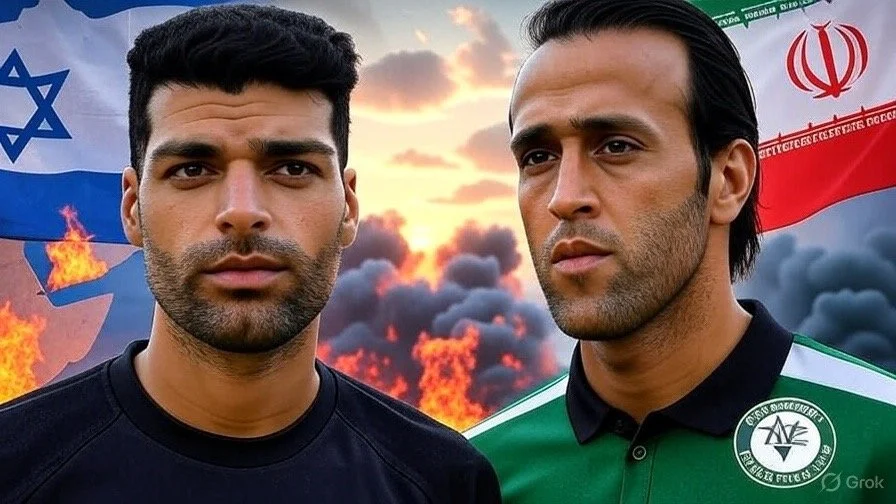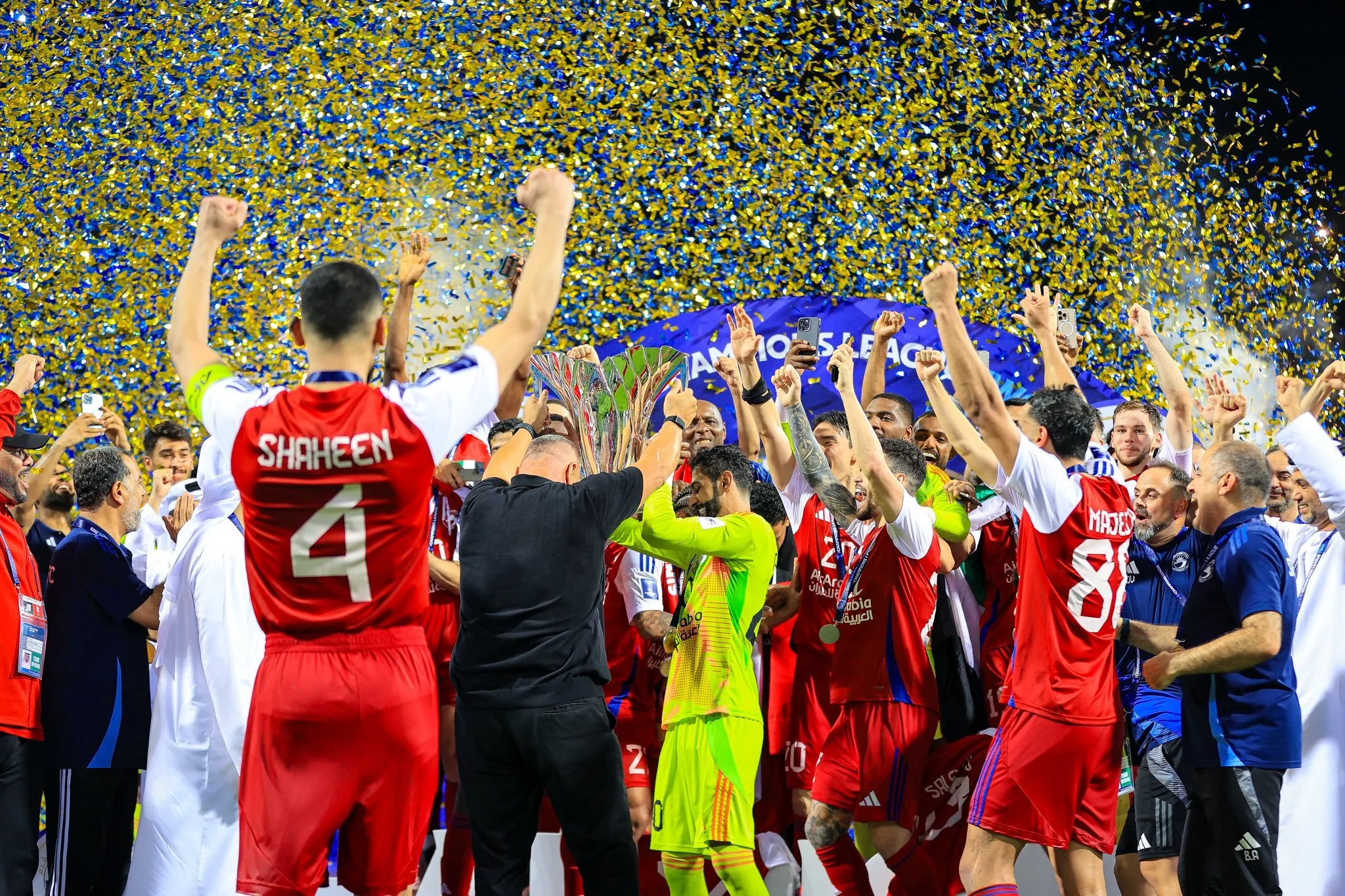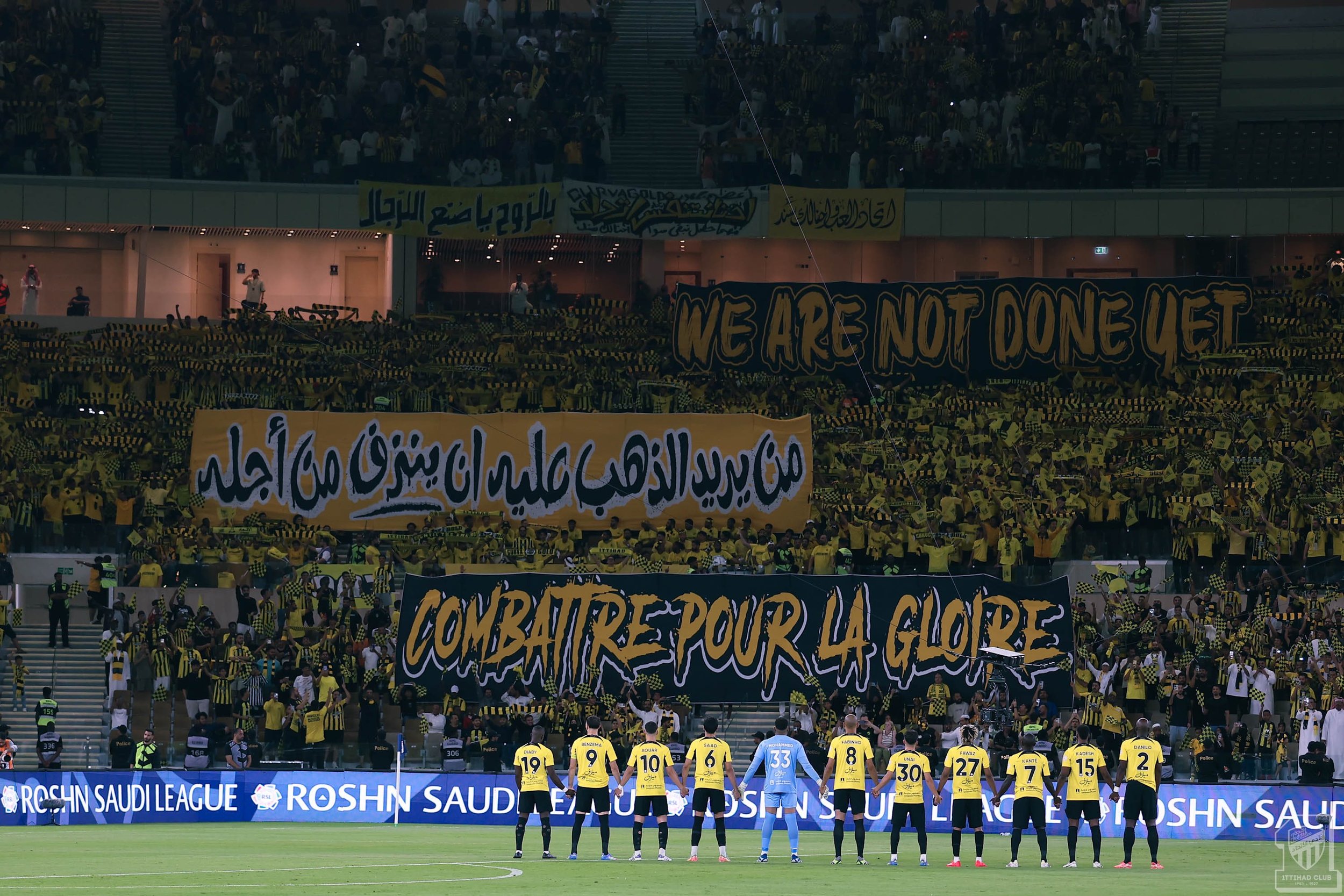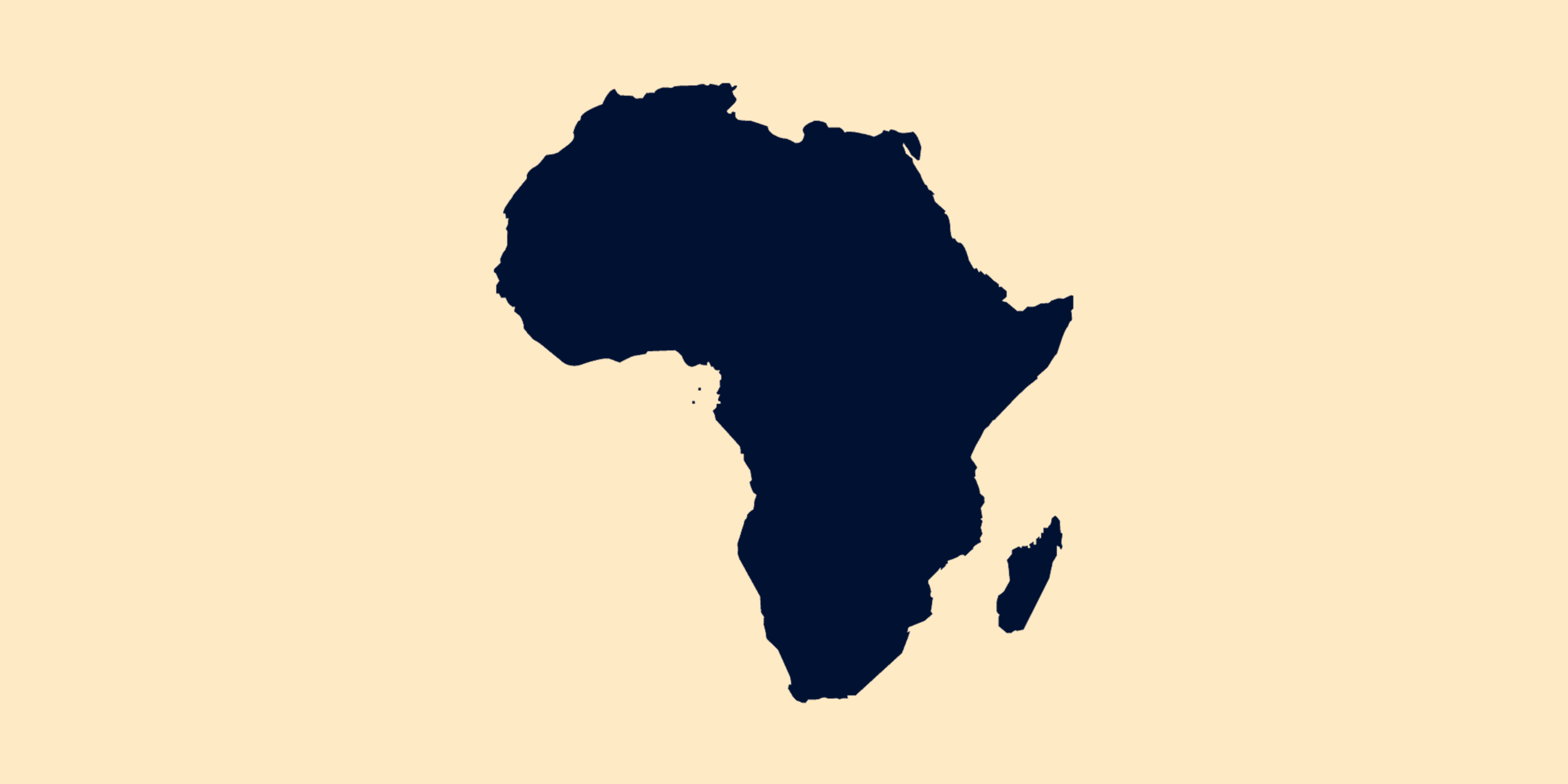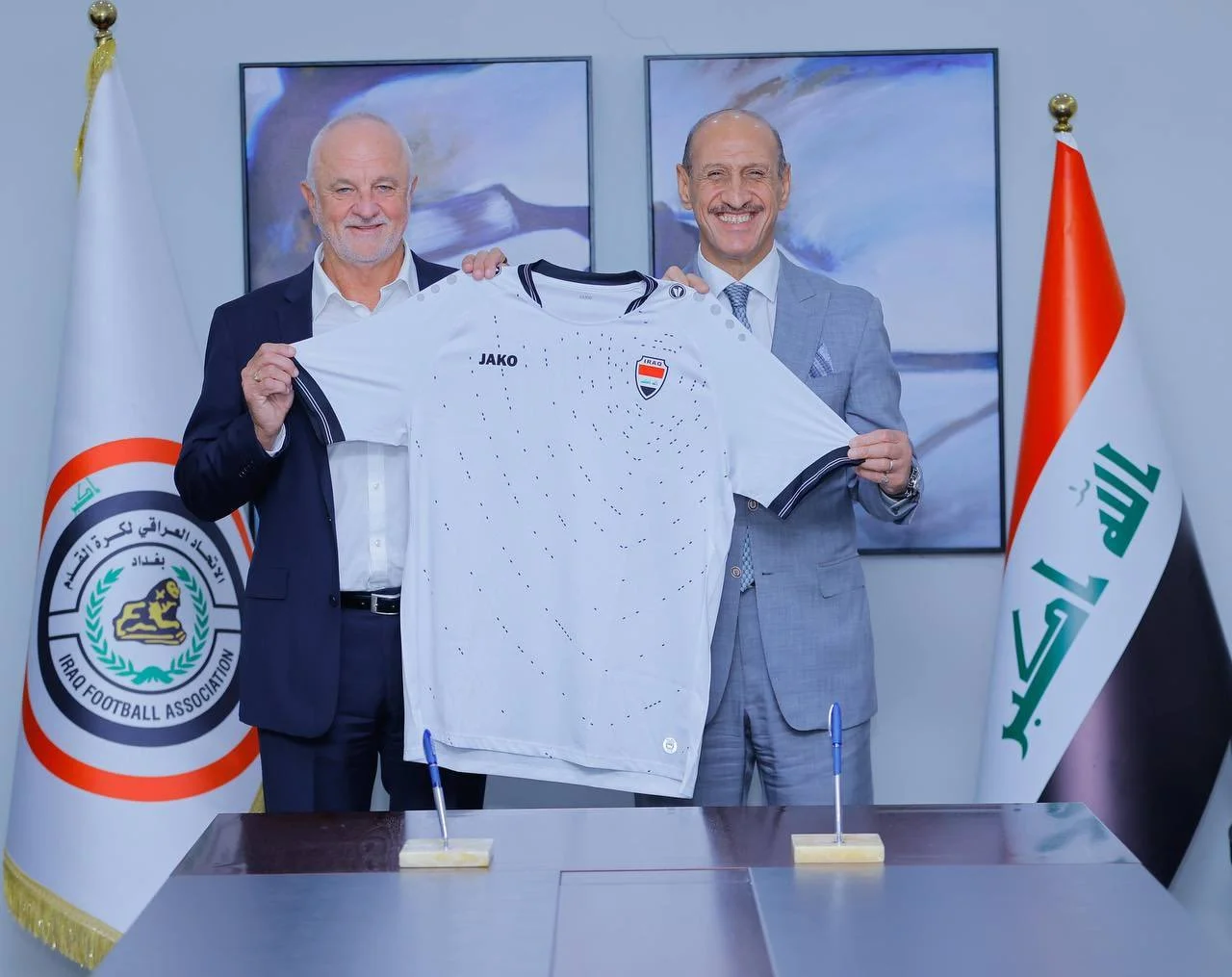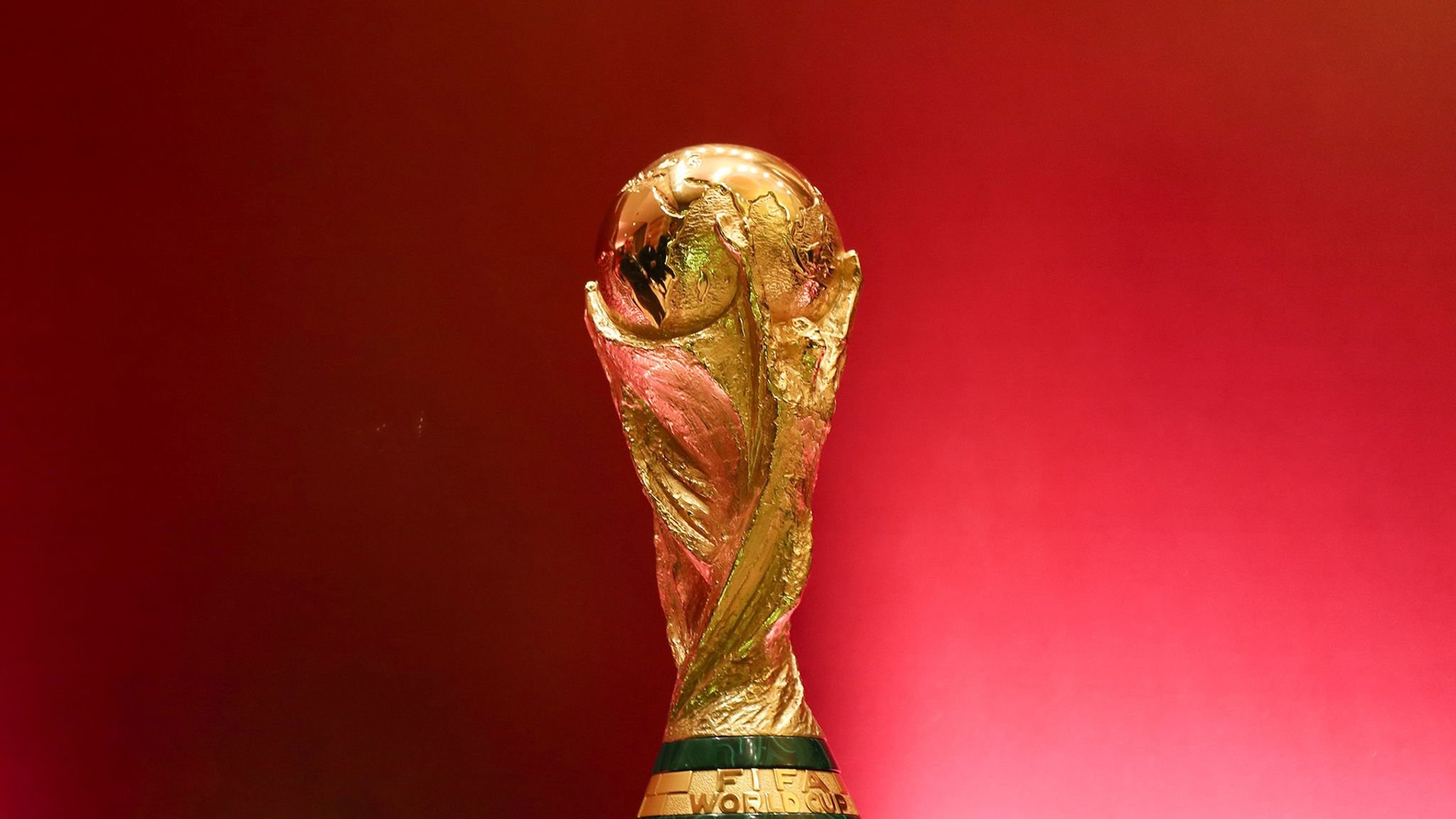The 2023 Africa Cup of Nations continues to deliver unexpected surprises and memorable moments.
A particularly striking moment occurred on Monday evening when South Africa, against the odds, orchestrated a stunning upset against Morocco in the round of 16. The scoreline of 2-0 echoed through the stadium, echoing the cheers of South African supporters as they bid farewell to Morocco's Atlas Lions, sending them back to Casablanca with a sense of unexpected defeat.
The defining goals of the match materialized in the 57th minute, courtesy of Evidence Makgopa, and a resounding free-kick by Teboho Mokoena in the 95th minute sealed Morocco's fate. Adding to the spectacle, Paris Saint-Germain's star, Achraf Hakimi, missed a crucial penalty in the 86th minute, and Sofyan Amrabat was banned in the stoppage time, amplifying the narrative of unpredictability that has become the hallmark of this tournament.
The shockwaves of this match extend beyond the immediate spectacle, signalling a noteworthy shift in the landscape of African football. For the first time since 2013, no North African teams will grace the competition's quarterfinals. Beyond this, the absence of North African representation in the last eight, regardless of the tournament's format, marks only the third occurrence in the event's history.
Bafana Bafana 🇿🇦 shocks Morocco 🇲🇦!
— BabaGol (@BabaGol_) January 30, 2024
First time without North African teams in AFCON quarterfinals since 2013.
Third time in history without North African teams in the last 8 of the tournament in any format. #AFCON2023 is a historical event. pic.twitter.com/nt4a9FPBnC
This departure from the norm contradicts a recent trend that has been evolving in the world of African football, particularly the growing disparity between North African and Sub-Saharan teams at the club level. Despite significant progress in Arab football, spanning from Morocco to Iraq over the past decade, the premature exits of Tunisia, Algeria, Egypt, and now Morocco from the 2023 AFCON suggest a potential instability in this trend.
This shift in dynamics extends beyond Africa to Asia, as observed in the AFC Asian Cup, where only two Arab teams, namely hosts Qatar and Jordan, have reached the quarterfinals. Perhaps the pinnacle of Arab football momentum was witnessed in the 2022 World Cup in Qatar, and the current situation indicates a possible plateau that requires adjustments.
Looking ahead, with Morocco set to host the 2025 AFCON and Saudi Arabia organizing the 2027 edition of the Asian Cup, coupled with the ambitious Saudi football project, their 2034 World Cup bid and the expansive 48-team World Cup in 2026, it is likely that football in these regions will continue to evolve gradually but prominently.
Photo: CAF Online official X account.


